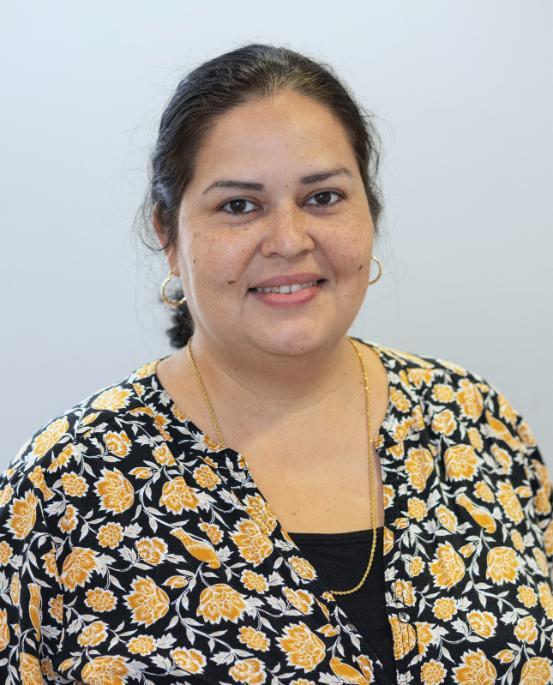Dr. Liliana Cano
Assistant Professor
Dr. Liliana Cano joined the IRREC faculty in early 2016, after having completed two postdoctoral positions, one with the Department of Plant Pathology at North Carolina State University (NCSU); a second, with The Sainsbury Laboratory (TSL), in the United Kingdom.
One of the research focus areas at IRREC is with the restoration of the Indian River citrus production region and its premier crop, grapefruit. Dr. Cano's contribution will involve her expertise in the science of plant-microbe interactions and with tools for pathogen-assisted breeding in crop plants.
A native of Colombia, South America, Dr. Cano earned a doctorate at The University of East Anglia and The Sainsbury Laboratory. She has served as a visiting scientist in the Department of Plant Pathology at The Ohio State University and at the Colombian National Coffee Research Center (Cenicafe).
-
Research
Plant Pathology
Dr. Liliana Cano's research involves the genome analyses of citrus pathogens (bacterial, fungal and oomycetes) and gene expression profiling during pathogen-citrus interactions for the identification and functional analysis of pathogen effector proteins.
Her research interests are in understanding how effectors secreted by microbes are able to reprogram host physiology and achieve colonization. Her research aims at using effectoromics which involves genomics tools to identify pathogen effectors together with functional analyses to elucidate their biochemical activity and for the development of new approaches for breeding disease resistance in citrus.
-
Teaching
Plant Pathology
Liliana Cano, assistant professor at the University of Florida’s Indian River Research and Education Center (IRREC) in Fort Pierce, is offering a new undergraduate level course, “Survey of Plant Pathogens,” or PLP 3230. The course delivery will be 100 percent online.
“The course will provide students with an introduction to the main groups of pathogens that are the cause of plant disease, how they spread and affect plants, and how they are identified and managed,” said Cano.
Students who complete the course will gain skills to recognize the history and discovery of organisms associated with plant diseases and be able to differentiate plant pathogens by phylogeny, morphology, and genetics. Further, the students will be prepared to compare plant pathogen lifestyles, recommend strategies to manage plant pathogens and explain the importance of plant pathogens to modern agriculture.
Those interested in PLP3230 may view the course syllabi electronically at: Course syllabi To learn more about Liliana Cano,visit https://canolabuf.weebly.com. To contact Dr. Cano directly, call 772-577-7350, or email: lmcano@ufl.edu

Contact
Room #309
Indian River Research and Education Center
2199 South Rock Road
Fort Pierce, FL 34945-3138
lmcano@ufl.edu
Dr. Cano's Laboratory Website
Dr. Cano's Google Scholar account
-
Education
- Ph.D., 2011, Plant-Microbe Interactions, University of East Anglia, Norwich, United Kingdom
- Diploma, 2002, Molecular Biology and Genetics, University of Pamplona, Colombia
- B.S., 2004, Biotechnology Engineering, Francisco de Paula Santander University, Cucuta, Colombia
- Publications
-
Service
- Associate Editor for Molecular-Plant Microbe Interactions (MPMI) Journal, 2016- present
- Member of American Phytopthological Society of America (APS), 2015- present
